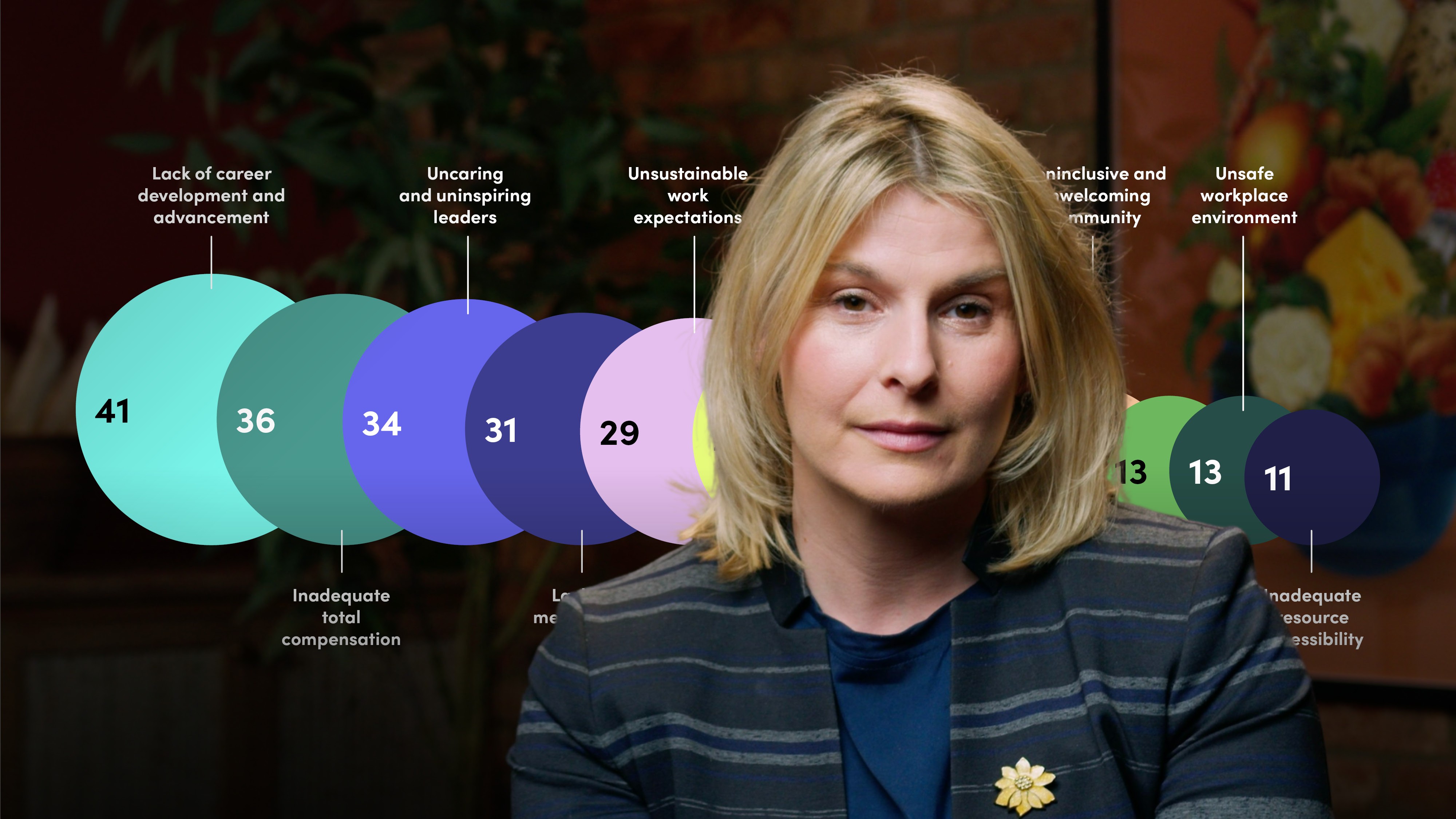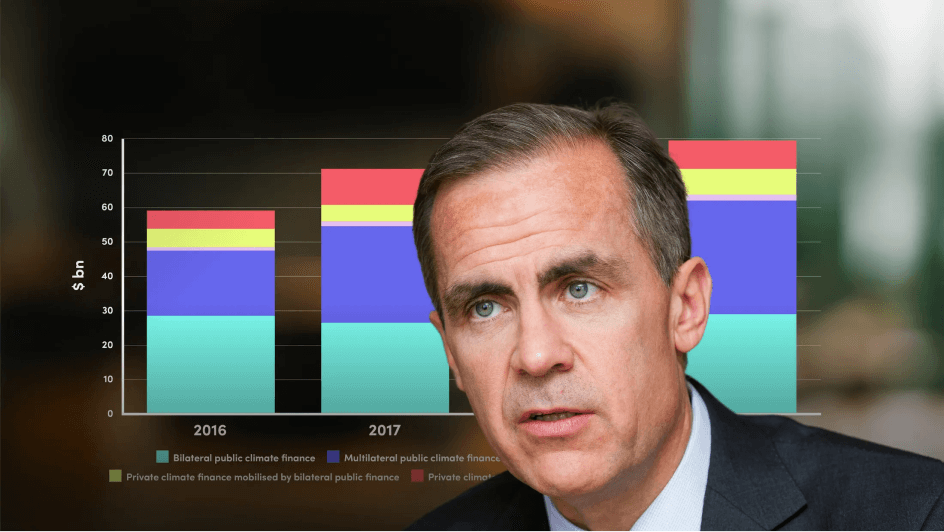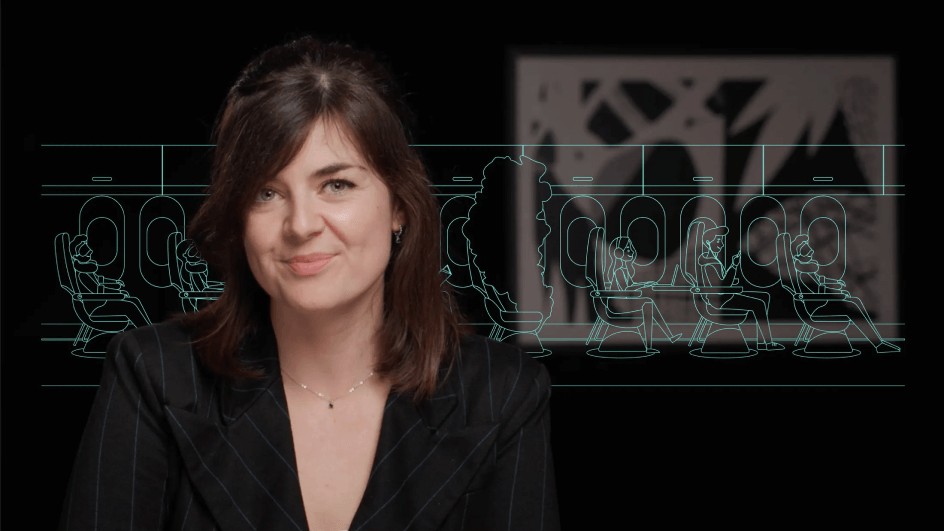
Embracing CPD to Tackle Employee Retention

Amanda Rosewarne
CEO & Co-founder: CPD Standards Office
In this video, Amanda explores how you can advance in your career through proactive professional development.
In this video, Amanda explores how you can advance in your career through proactive professional development.

Embracing CPD to Tackle Employee Retention
11 mins 27 secs
Key learning objectives:
Identify the key ways to address the retention issue
Outline the benefits of CPD
Understand the workforce evolution
Identify the strategic CPD approaches
Overview:
Continuing Professional Development (CPD) transcends traditional education by emphasizing lifelong learning and adaptation. It involves proactive pursuit of knowledge, driven by personal and professional goals. CPD benefits both individuals and organizations; individuals gain career security, human skills, and personal growth, while employers secure competent, adaptable teams. Studies show CPD boosts job satisfaction, confidence, and opportunities for advancement. Moreover, CPD's fusion with neuroscience enriches learning practices and promotes reflective professional development.
- Analytical thinking and innovations
- Active learning and learning strategies
- Critical thinking and analysis
- Complex problem solving
- Self-management

Amanda Rosewarne
There are no available Videos from "Amanda Rosewarne"





















